Introduction
Honey is a delicious natural sweetener that’s said to have many health benefits for people. But can dogs eat honey? Can it hurt them in any way? Find out the answer to this question in today’s article!
Is Honey Good for Dogs?
Honey is packed in a myriad of nutrients and it apparently also protects animals and people from disease thanks to the antioxidants and many vitamins it contains.
Do consider that honey has a high glycemic index, so it is not appropriate for dogs that have obesity or diabetes. Although safer when compared to classic sugar or artificial sweeteners, it can still increase your dog’s blood sugar to dangerous levels.
Here are some benefits that your dog might enjoy if you give them honey every once in a while.
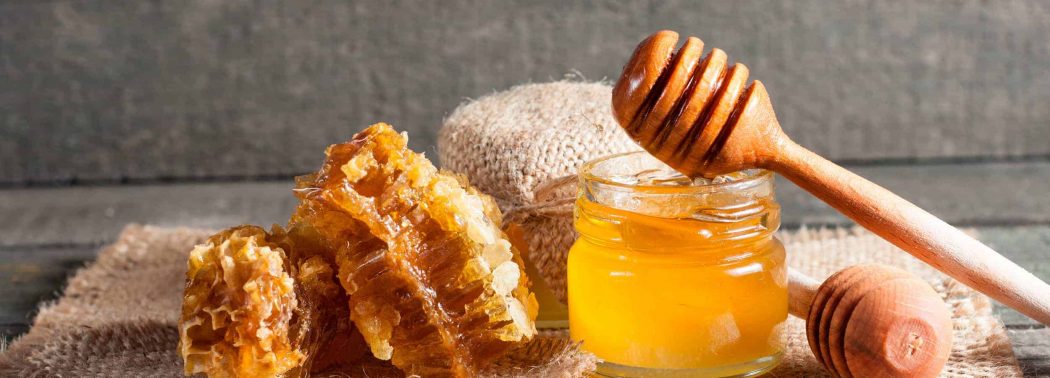
Vitamins
Honey is quite rich in these nutrients. It contains vitamins A, E, and C, all of which are considered antioxidants. These substances are considered very healthy not just for dogs, but also for people. It’s said that they can prevent aging and cancer.
Honey also contains the B vitamin complex, which is involved in a wide variety of body processes. B vitamins make it possible for your pet to have a good metabolism and they also ensure that your dog’s brain health is on par.
Minerals
Although the mineral content in honey is lower than the vitamin content, this food also contains these nutrients. Some of the ones that we can hote here are copper, manganese, as well as magnesium.
All of them promote healthy tendons, ligaments, as well as joints and also make it possible for your dog’s cardiovascular system to work properly.
Great for topical use
We know that the topic of today’s article is whether or not dogs can eat honey, but did you know you can actually use it for itches and scratches? Honey has antimicrobial properties, so it’s great for hot spots and even flea bites.
Is Honey Bad for Dogs?
Not all honey is equal
You probably know that Manuka honey for dogs is the healthiest kind, but there are different varieties. First of all, bees collect pollen from various plants, so honey can have unique properties depending on that.
But the problem is that some store-bought kinds can be heat processed, and pasteurized products don’t have the same health benefits.
You have to pay attention to the label each time you buy honey because some might even contain additives in the form of preservatives or artificial colors — and these are substances that you do not want to add to your dog’s diet.
Dangerous for diabetic dogs
While there are many benefits of honey for dogs, since it is so high in sugar, it can be particularly dangerous for pets with diabetes or obesity. If your dog has type I or II diabetes, this is not a food type you want to give them.
Bad for oral health
You probably know by now that kids are not supposed to have high-sugar foods or even sugary drinks, and that’s because they can hurt their teeth. Well, the same rule applies to dogs.
Consistent use of honey in this species can eventually lead to cavities and other oral health issues. As such, while honey can make a good treat every now and then, it is not something you are supposed to feed your pet each day.

How Much Honey Can My Dog Eat?
The amount of honey you can give your dog depends on their age, their breed (whether they are large or small), and whether or not they have other health conditions.
Small and teacup breeds should have as little honey as possible, meaning a quarter of a teaspoon, for example. Very large breeds, by comparison, can have half or one full teaspoon on occasion.
As a general rule, no dog should have more than one tablespoon of honey per week in any circumstance.
How to Prepare and Serve Honey to Your Dog
The best way of giving your dog honey is in its raw form. That means that you should add it to any recipe you prepare for your pet, whether chicken nuggets in the oven or anything else.
However, you can mix it with a bit of water and add it to your dog’s canned food, especially if they are not otherwise inclined to have it in its original form.
We also recommend using honey for dogs’ upset stomach. It can have a positive effect on pets that feel slightly nauseated or those that tend to suffer from bloating, especially after eating dairy products, for example.
Frequently Asked Questions
Yes. Raw honey is the best since cooking it removes some of the vitamins and minerals that can be found in it.
Not really. It of course depends on the exact type, but the fat and sugars in this product can have negative consequences on your dog’s health. We therefore recommend against feeding it to your pet.
If the amount is really low, such as less than a teaspoon, this type of product might make a good treat every now and then. Do consider that it should never make up a big part of your dog’s diet.
No. This species should never have mustard as it is toxic to them. On top of that, most commercial varieties these days have a lot of chemicals in them, whether flavor enhancers or anything else.
No. However, while honey buns are definitely not toxic to dogs, especially if you bake them at home, they are going to add unnecessary calories to your dog’s diet, so they are not good for obese or overweight pets, for example.
Summary
So, can dogs eat honey? Yes! Honey is not toxic to dogs and it also has a number of benefits coming from its vitamin and mineral content. It’s also great to use on scratches and hot spots.
Honey can be considered a treat, so never give your dog massive amounts of this food. For any other questions regarding what you are supposed to feed your dog, make sure to talk to your veterinarian.
Sources
- The effects of a proprietary Manuka honey and essential oil hydrogel on the healing of acute full-thickness wounds in dogs, Raphael L. Repellin et al, 2021
- Effects of honey, glutamine, and their combination on canine small bowel epithelial cell proliferation following massive resection, O. D. Eyarefe et al, 2012
- Antibacterial and Antivirulence Activity of Manuka Honey against Genetically Diverse Staphylococcus pseudintermedius Strains, Helen L. Brown et al, 2020
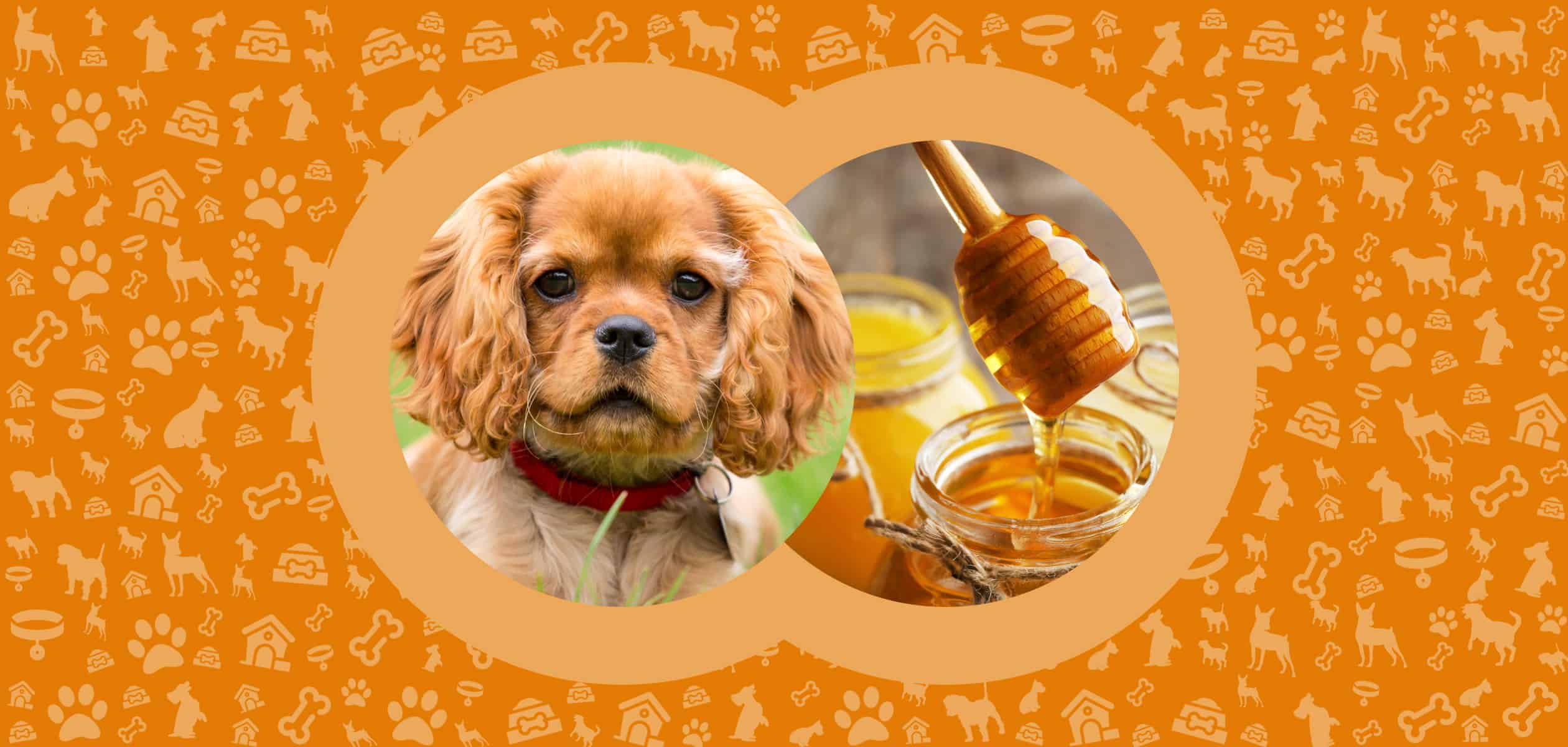
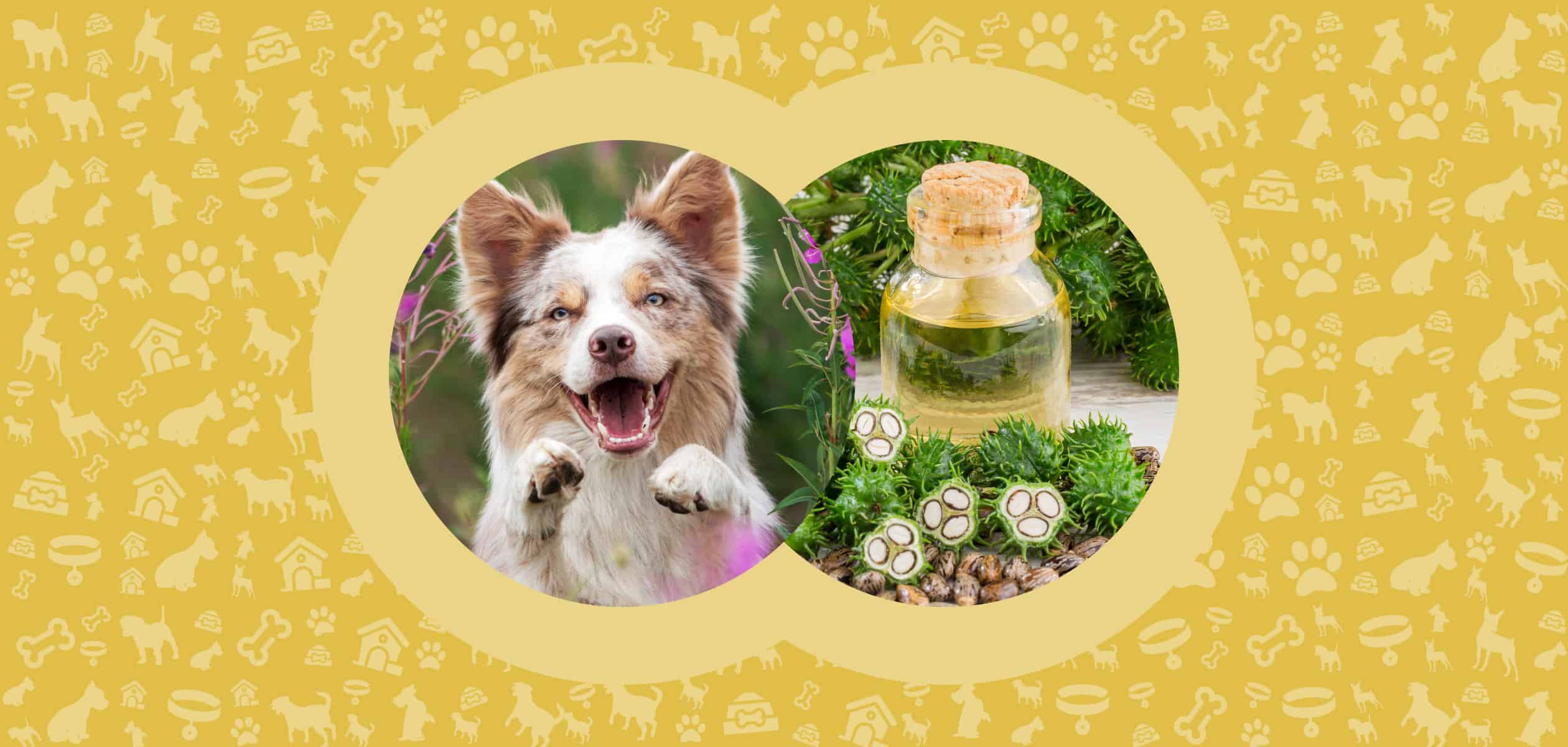

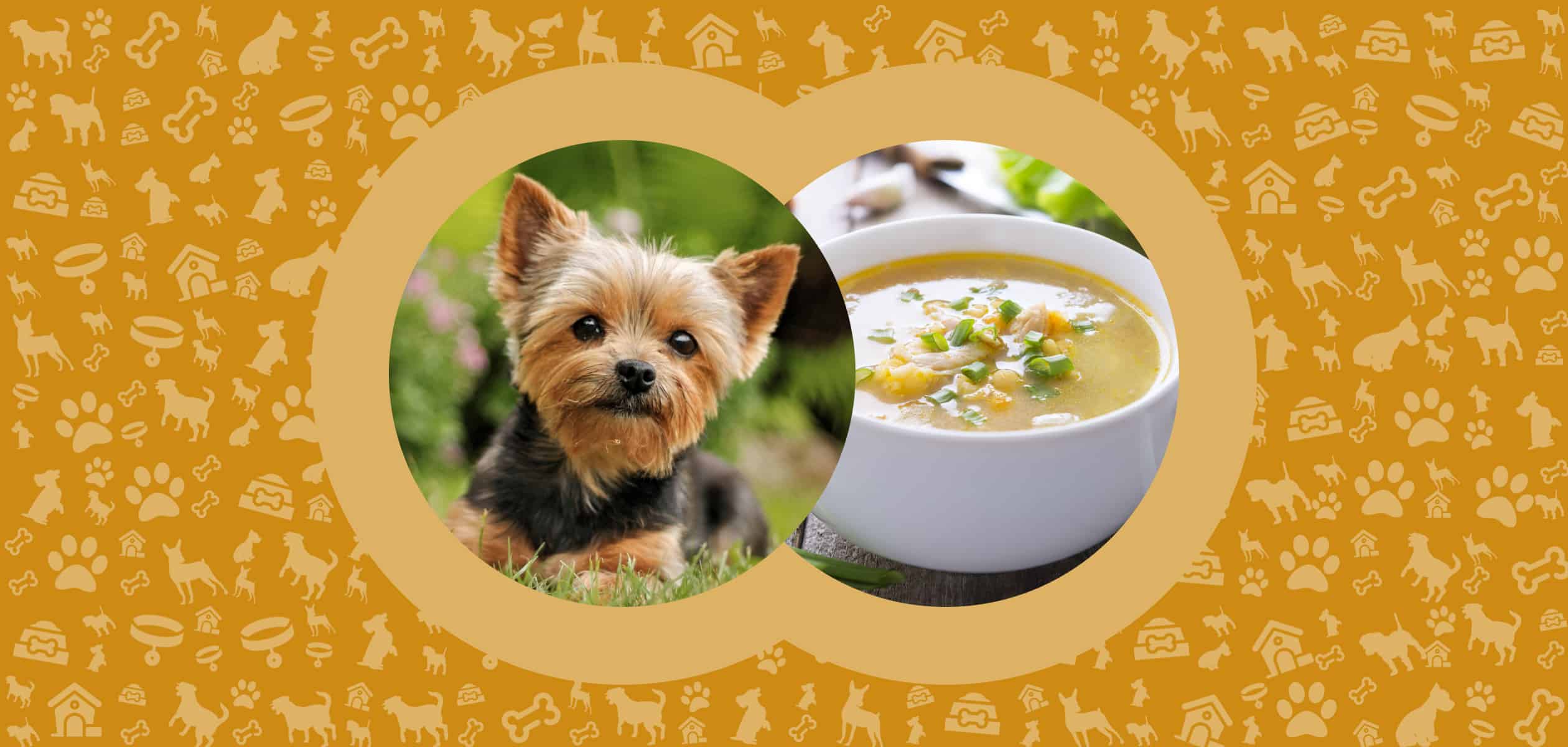
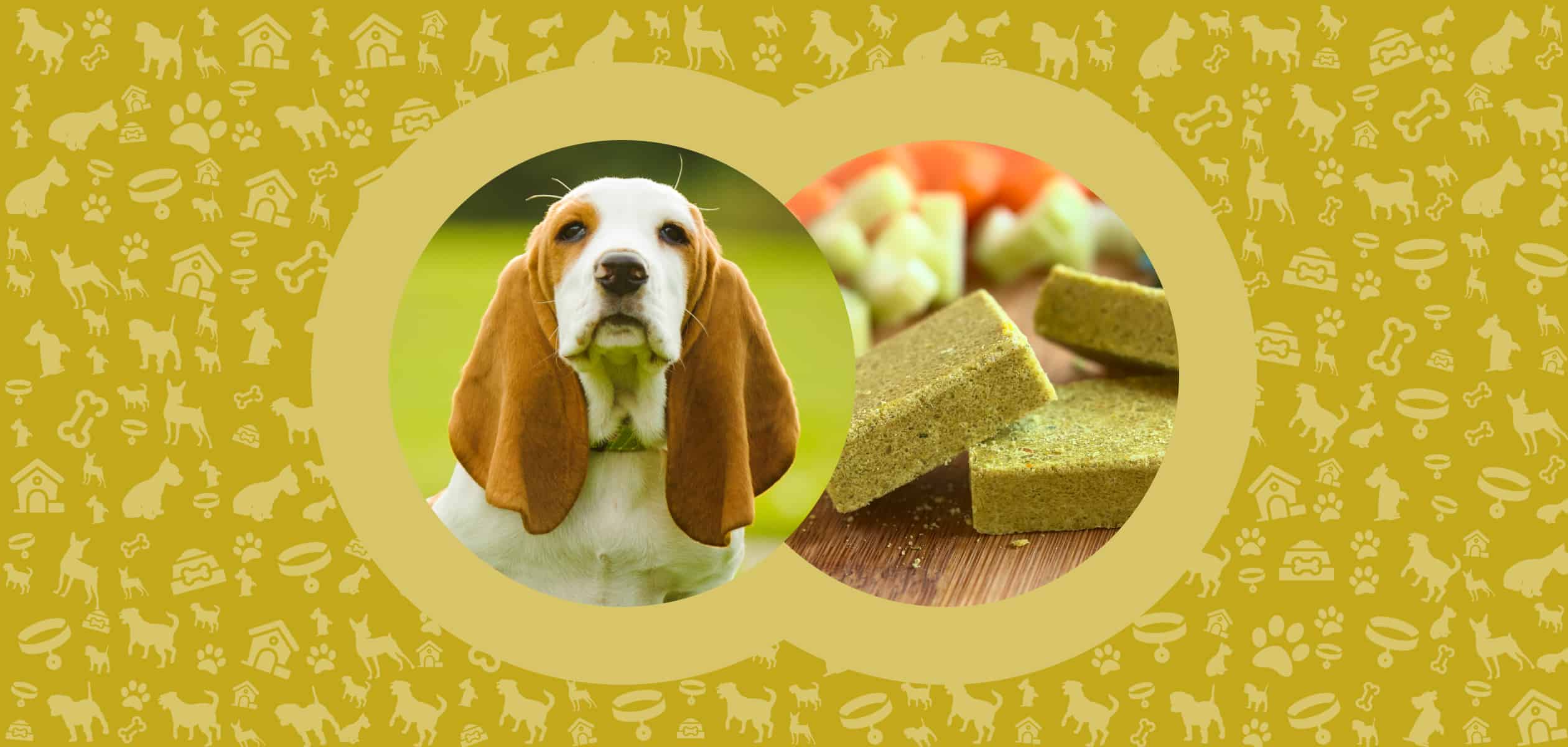
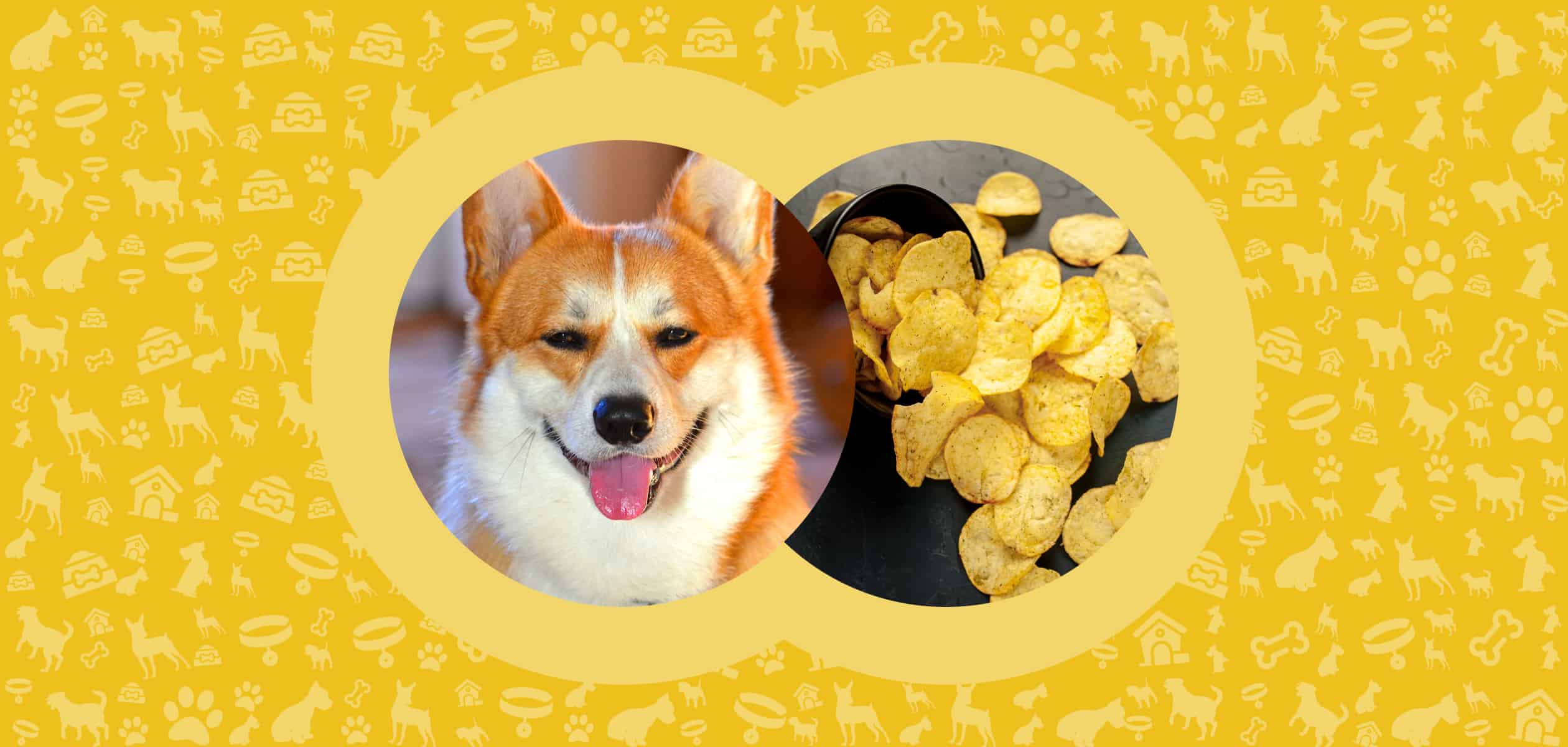
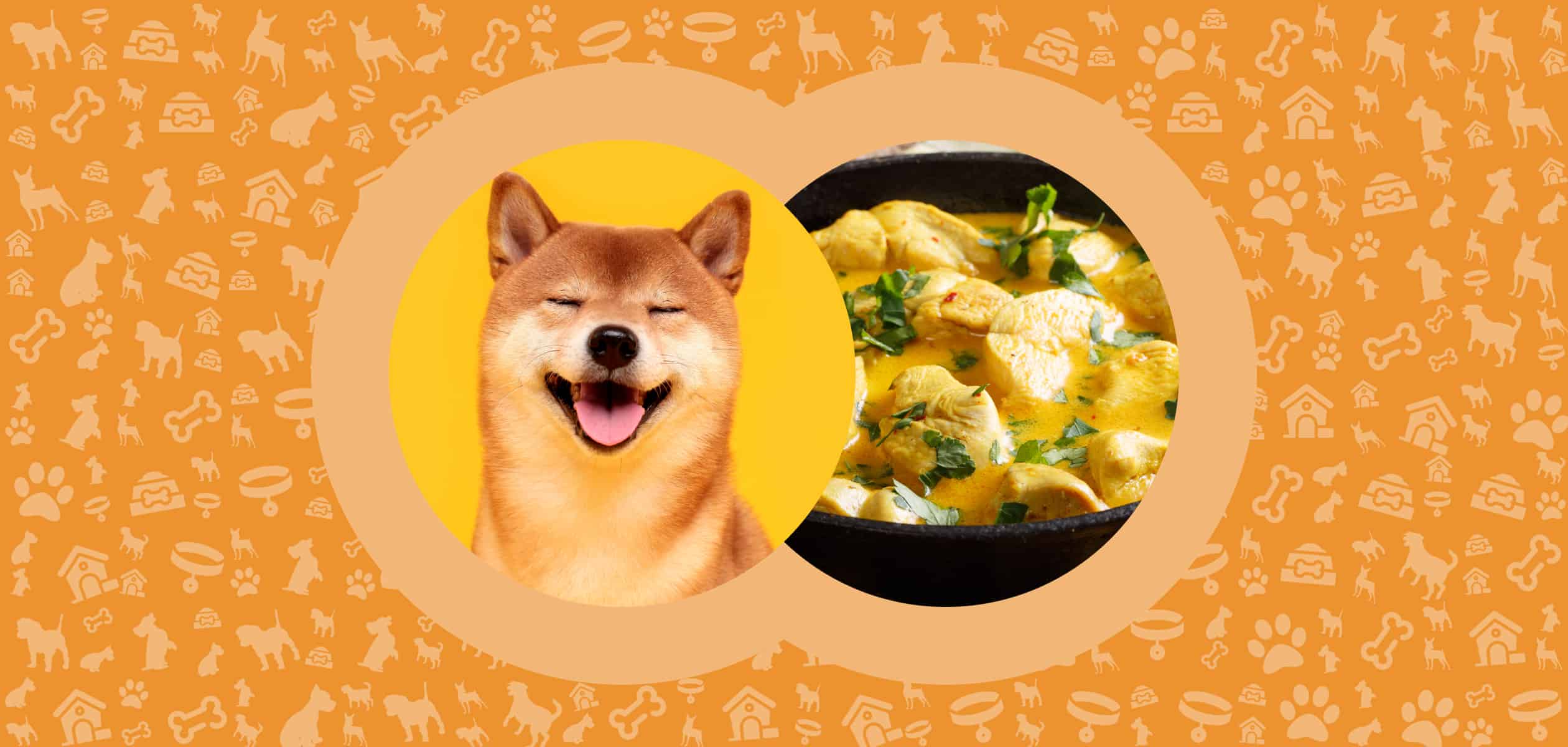
Leave a Comment